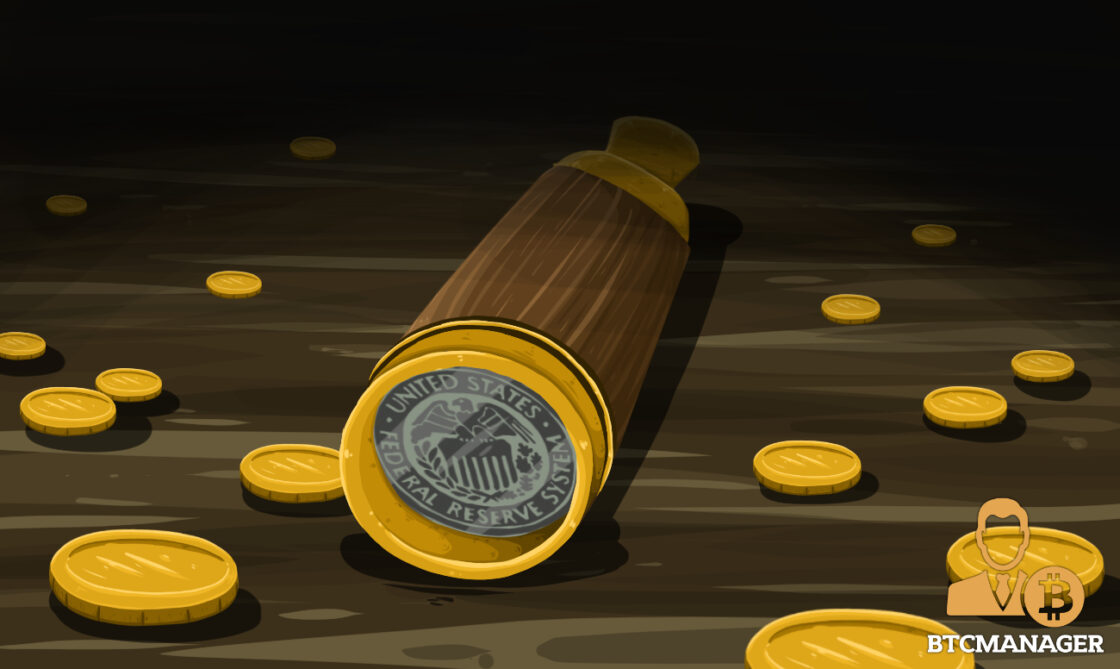PALO ALTO, Calif. (Reuters) - The Federal Reserve is taking a look at a broad variety of concerns around digital payments and currencies, including policy, design and legal considerations around possibly issuing its own digital currency, Guv Lael Brainard said on Wednesday. Brainard's remarks suggest more openness to the possibility of a Fed-issued digital coin than in the past." By changing payments, digitalization has the potential to deliver greater worth and benefit at lower expense," Brainard said at a conference on payments at the Stanford Graduate School of Service.
Reserve banks internationally are discussing how to handle digital financing technology and the distributed journal systems utilized by bitcoin, which guarantees near-instantaneous payment at possibly low cost. The Fed is establishing its own round-the-clock real-time payments and settlement Click here for more service and is currently reviewing 200 remark letters sent late last year about the proposed service's style Browse this site and scope, Brainard said.
Less than two years ago Brainard informed a conference in San Francisco that there is "no engaging demonstrated need" for such a coin. But that was before the scope of Facebook's digital currency aspirations were commonly known. Fed authorities, consisting of Brainard, have actually raised Discover more here issues about consumer securities and data and privacy threats that might be postured by a currency that might enter into use by the 3rd of the world's population that have Facebook accounts.
" We are teaming up with other central banks as we advance our understanding of main bank digital currencies," she said. With click here more countries checking out issuing their own digital currencies, Brainard stated, that includes to "a set of reasons to also be ensuring that we are that frontier of both research and policy development." In the United States, Brainard stated, problems that require study include whether a digital currency would make the payments system more secure or easier, and whether it might position monetary stability threats, consisting of the possibility of bank runs if cash can be turned "with a single swipe" into the reserve bank's digital currency.
To counter the financial damage from America's extraordinary national lockdown, the Federal Reserve has actually taken extraordinary actions, consisting of flooding the economy with dollars and investing straight in the economy. The majority of these relocations got grudging acceptance even from lots of Fed skeptics, as they saw this stimulus as required and something just the Fed could do.
My brand-new CEI report, "Government-Run Payment Systems Are Unsafe at Any Speed: The Case Versus Fedcoin and FedNow," details the risks of the Fed's present prepare for its FedNow real-time payment system, and proposals for main bank-issued cryptocurrency that have been called Fedcoin or the "digital dollar." In my report, I go over issues about personal privacy, data security, currency adjustment, and crowding out private-sector competition and innovation.
Advocates of FedNow and Fedcoin state the government must produce a system for payments to deposit immediately, rather than motivate such systems in the private sector by raising regulatory barriers. But as noted in the paper, the economic sector is providing a seemingly limitless supply of payment technologies and digital currencies to fix the problemto the degree it is a problemof the time space in between when a payment is sent out and when it is received in a savings account.
And the examples of private-sector development in this area are many. The Clearing House, a bank-held cooperative that has been routing interbank payments in different types for more than 150 years, has been clearing real-time payments considering that 2017. By the end of 2018 it was covering half of the deposit base in the U.S.
